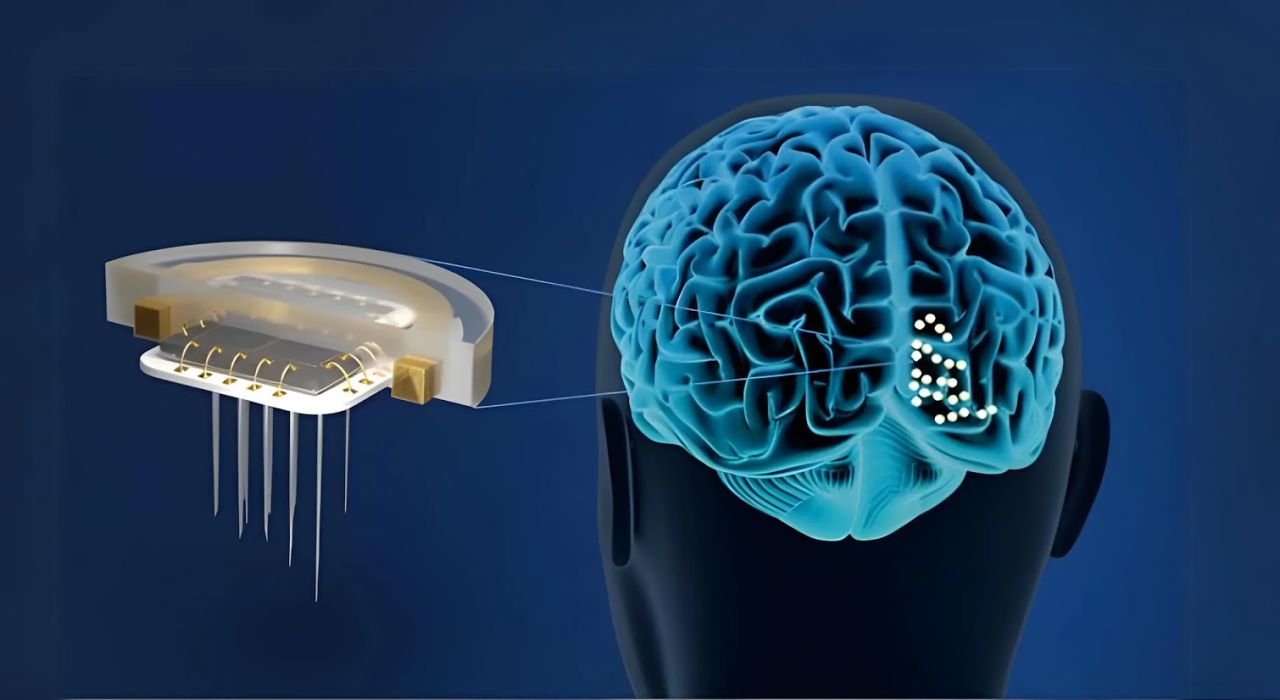Wireless Visual Prosthesis Brain Implant Marks Two Years Since Revolutionary Surgical Implantation

The groundbreaking Intracortical Visual Prosthesis (ICVP), an implant that bypasses the retina and optic nerves to connect directly to the brain’s visual cortex, has announced a significant milestone in the creation of artificial vision for individuals affected by total blindness: two years of successful clinical testing following the first successful surgical implantation of the ICVP system of miniaturized wireless stimulators and electrodes. On February 14, 2022, 25 stimulators with a total of 400 electrodes were surgically implanted in an individual with blindness, and in two years since, successful clinical testing has found the prosthesis provides study participants with an improved ability to navigate and perform basic, visually guided tasks. This milestone coincides with a period of heightened global attention toward brain-computer interface technologies, as underscored by recent developments such as Elon Musk's Neuralink.
The ICVP system was developed by a multi-institution team led by Robert A. Pritzker Endowed Chair in Engineering Philip R. Troyk—executive director of the Pritzker Institute of Biomedical Science and Engineering at Illinois Institute of Technology and a professor of biomedical engineering—and represents the culmination of nearly three decades of Illinois Tech research dedicated to ultimately providing artificial sight to those with blindness due to eye disease or trauma.
The ICVP System is the first intracortical visual implant to use a group of fully implanted miniaturized wireless stimulators, allowing devices to be permanently implanted, which is a unique advantage that provides researchers ample time to explore how the device can effectively work, and for the recipient to learn how the device can be useful.
Unlike other neurotechnologies focusing on neural implants for brain privacy and data concerns, the ICVP focuses on creating artificial vision by bypassing damaged optical pathways to directly stimulate the visual cortex.
Reflecting on the journey, Troyk says, “The past two years have been nothing short of extraordinary. Witnessing the ICVP bring about a new form of visual perception to individuals with blindness has reinforced our commitment to this endeavor. Our focus remains steadfast on improving and understanding how this technology can further aid in navigation and performing daily visual tasks for those without biological vision.”
As global narratives around neurotech evolve, with significant discussions on the ethical, privacy, and regulatory implications highlighted by advancements in similar fields, Illinois Tech's ICVP project stands out for its dedicated approach to enhancing human life by enabling artificial vision without compromising on safety or ethical standards.
The significance of ICVP's progress is further illuminated by the context of current neurotechnology discussions, particularly with Neuralink's entry into the realm of brain-computer interfaces. Troyk notes, “While it's encouraging to see more ventures exploring the possibilities within neurotechnology, it's crucial that these endeavors prioritize participant safety, data privacy, and the real-world application of these technologies. Our aim with the ICVP has always been to explore these frontiers responsibly, ensuring that our participants are at the heart of our research.”
Janet Szlyk, president and CEO of The Chicago Lighthouse, echoes this sentiment, highlighting the transformative impact of ICVP on participants. “The journey from the conceptualization to the current successes of the ICVP underscores the incredible potential of neurotechnology to enhance lives. It's a testament to what can be achieved when innovation is guided by a commitment to serving those who stand to benefit the most,” Szlyk says.
As the ICVP moves forward, Illinois Tech is actively seeking new participants for ongoing studies, aiming to broaden the understanding and capabilities of artificial vision. This call for participation is not just an invitation to be part of cutting-edge scientific research but also a step toward building a more inclusive future where technological advancements pave the way for new forms of sensory experience.
Illinois Tech's pioneering work with ICVP, especially in the landscape of emerging neurotechnologies, positions the institution and its partners at the forefront of creating meaningful, ethical, and transformative solutions for individuals affected by total blindness. It underscores the importance of collaborative, multidisciplinary efforts in pushing the boundaries of what's possible in science and technology, with a keen eye on the societal and ethical implications of these advancements.
Illinois Tech is collaborating with Rush University Medical Center, The Chicago Lighthouse, the Wilmer Eye Institute at Johns Hopkins, the University of Texas at Dallas, Microprobes for Life Science, Sigenics Inc., and the University of Chicago on the initiative, with Troyk serving as the principal investigator.
The project is calling for research volunteers who lost their vision as an adult but who had normal or near-normal vision for at least the first 10 years of life. Following surgery and approximately one month of surgical recovery, participants will be studied for one to three years, depending on the date of implantation. Learn more at chicagolighthouse.org/requesticvp or email ICVP@illinoistech.edu.
Disclaimer: Research reported in this publication was supported by the NIH (BRAIN) Initiative under Award Number UH3NS095557. The content is solely the responsibility of the authors and does not necessarily represent the official views of the National Institutes of Health.
Photo: rendering of the Intracortical Visual Prosthesis (ICVP) wireless implantable stimulator model provided by MicroProbes for Life Science. For high resolution images suitable for publication, please contact press@illinoistech.edu.




